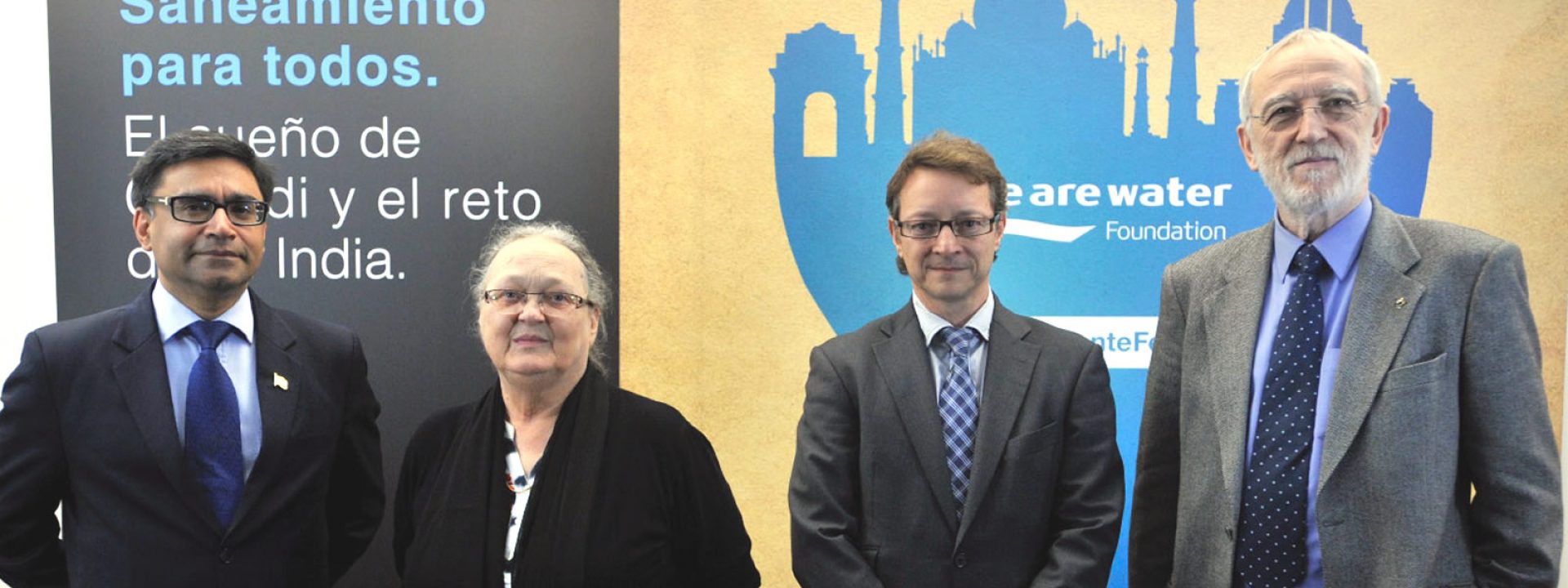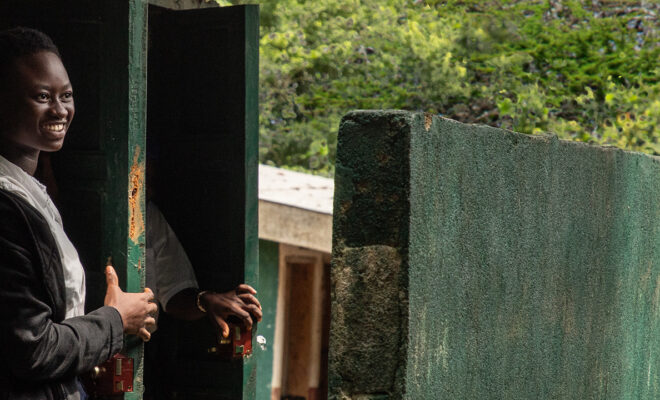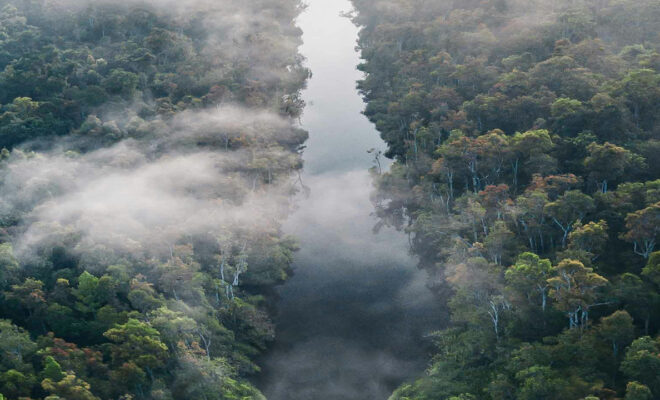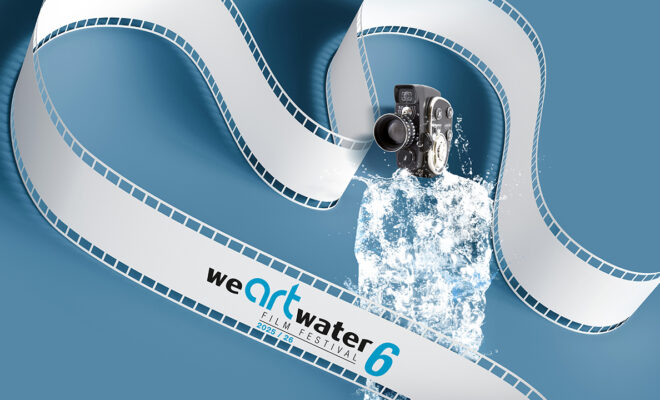- The We Are Water Foundation, through its main sponsor Roca, collaborates on the Indian government’s project Swachh Bharat Abhiyan, supplying 40,000 sanitation plaques.
- The Vicente Ferrer Foundation will install the new latrines in Anantapur and will undertake an educational campaign to ensure the appropriate awareness of the users.
El reto del programa Swachh Bharat es uno de los más ambiciosos en el mundo del saneamiento: acabar en 2019 con la defecación al aire libre en la India, un país con más de 1.200 millones de habitantes de los que, en 2014, unos 600 realizaban habitualmente esta práctica insalubre e indigna. La envergadura del proyecto quedó bien patente en la mesa redonda “Saneamiento para todos. El sueño de Ghandi y el reto de la India”, organizado por la Fundación We Are Water el pasado 19 de noviembre en el Roca Barcelona Gallery con motivo del World Toilet Day (ver noticia).
En la mesa redonda, el embajador de la India en España, el Sr. Vikram Misri, puso de relieve la importancia de la colaboración de las empresas en el programa, cuyos esfuerzos ya han comenzado: entre abril de 2014 y enero de 2015 se habían construido 3,1 millones de inodoros en el país de los 120 previstos, un proyecto de 10.000 millones de dólares, impulsado por el nuevo primer ministro indio, Narendra Modi.
También en el mismo acto, María Vallés, directora de Desarrollo Corporativo en la Fundación Vicente Ferrer, puso de relieve la dimensión social del reto de proporcionar saneamiento digno en las regiones de Anantapur y Kurnool, en el Estado de Andhra Pradesh, donde la Fundación Vicente Ferrer participa en la iniciativa Swachh Bharat. Vallés destacó la importancia de la calidad de los aseos y de la educación para lograr que las instalaciones sean sostenibles y así perdurables en los hogares de las familias más desfavorecidas.
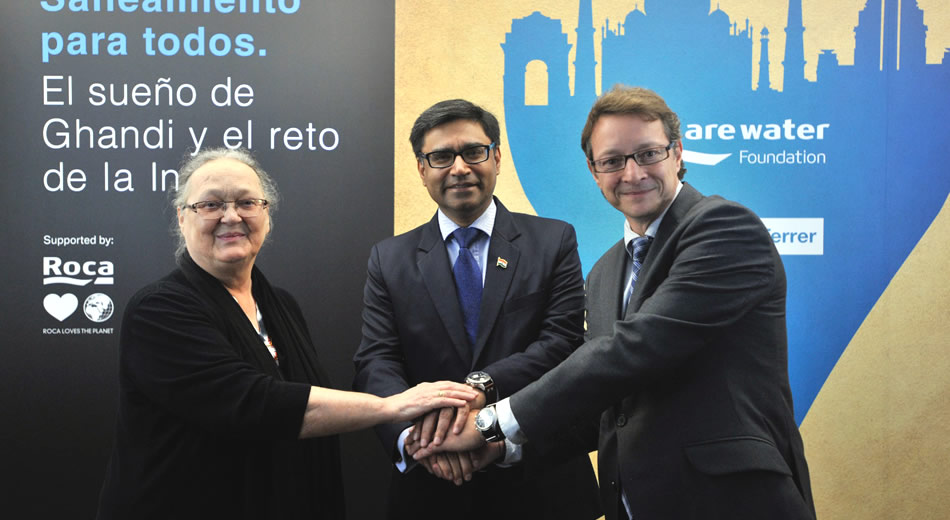
Con este propósito, la Fundación Vicente Ferrer tiene previsto construir 100.000 letrinas, 40.000 de las cuales van a ser suministradas por Roca, patrocinador e impulsor de la Fundación We Are Water. En el contexto del mismo World Toilet Day, ambas fundaciones firmaron un acuerdo de colaboración con este objetivo de gran importancia para el programa Swachh Bharat. En el acto de la firma estuvieron presentes, además del embajador Vikram Misri, la presidenta de la Fundación Vicente Ferrer, Anna Ferrer, el director general de la entidad, Jordi Folgado y Xavier Torras, director de la Fundación We Are Water.
El embajador de la India, Sr. Vikram Misri, señaló que esta contribución será “fundamental para la salud y el bienestar de las generaciones venideras”. Por su parte, Anna Ferrer mostró su satisfacción por la colaboración de la Fundación Vicente Ferrer con el Gobierno Central de la India, con Roca y con la Fundación We Are Water: “Es la primera vez que muchos miles de familias en Anantapur, donde estamos trabajando, tendrán un cuerto de baño con lavabo”. La viuda de Vicente Ferrer destacó los aspectos fundamentales para que el programa tenga éxito: “Es muy importante la concienciación, la educación y una buena construcción de calidad de las instalaciones”.
En este sentido, la Fundación Vicente Ferrer desarrollará una campaña de concienciación para que las familias beneficiarias utilicen adecuadamente las instalaciones y procuren su mantenimiento. Las familias reciben un subsidio por su vivienda de 15.000 rupias (215 euros), que se entrega en dos fases: la primera cuando las fosas estén hechas y la otra cuando la letrina está lista para su uso.
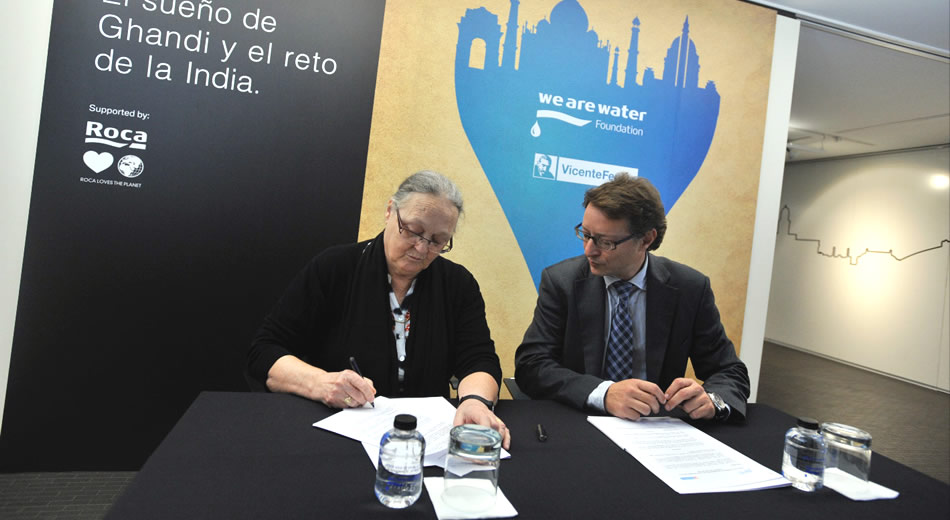
Este acuerdo se sitúa también en el contexto de colaboración entre la Fundación Vicente Ferrer y la Fundación We Are Water y que ha fructificado, desde 2010, en el desarrollo de varios proyectos, como la construcción de un embalse en Ganjikunta, la excavación de pozos en Andhra Pradesh, el desarrollo de la horticultura a través de sistemas de riego por goteo, o la construcción de estructuras hídricas para la recogida y aprovechamiento del agua, todos ellos en la India.
SOBRE LA FUNDACIÓN WE ARE WATER
La Fundación We Are Water, impulsada por la empresa Roca, tiene como objetivos, por un lado, sensibilizar a la población en general y a las administraciones sobre la necesidad de fomentar una nueva cultura del agua en el mundo y, por otro, paliar los efectos negativos relacionados con la falta de recursos hídricos, mediante el desarrollo de proyectos de cooperación y ayuda junto a diversas organizaciones como Educación Sin Fronteras, Fundación Vicente Ferrer, Intermón Oxfam y Unicef.


